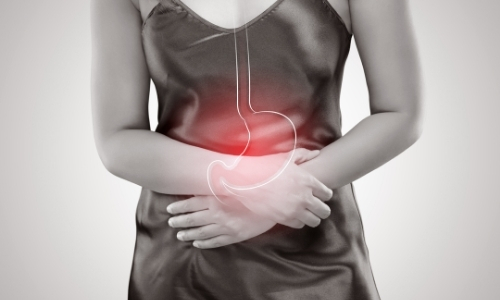- Corporate
- Clinic
- Diseases
- Digestive System Diseases
- Bad Breath
- Gastroesophageal Reflux
- Achalasia
- Esophageal Strictures
- Esophageal Cancer
- Eosinophilic Esophagitis
- Dyspepsia
- Gastritis
- Helicobacter Pylori
- Stomach Ulcer
- Stomach Cancer
- Gluten (Celiac)
- Diarrhea
- Constipation
- Anal Fissure
- Crohn’s Disease
- Ulcerative Colitis
- Colon Polyps
- Colon Cancer
- Hemorrhoids
- Irritable Bowel Syndrome
- Liver and Bile Tract Diseases
- Pancreatic Diseases
MenuMenuMenuMenuMenu - Digestive System Diseases
- Endoscopic Procedures
- Contact Us
- Corporate
- Clinic
- Diseases
- Digestive System Diseases
- Bad Breath
- Gastroesophageal Reflux
- Achalasia
- Esophageal Strictures
- Esophageal Cancer
- Eosinophilic Esophagitis
- Dyspepsia
- Gastritis
- Helicobacter Pylori
- Stomach Ulcer
- Stomach Cancer
- Gluten (Celiac)
- Diarrhea
- Constipation
- Anal Fissure
- Crohn’s Disease
- Ulcerative Colitis
- Colon Polyps
- Colon Cancer
- Hemorrhoids
- Irritable Bowel Syndrome
- Liver and Bile Tract Diseases
- Pancreatic Diseases
- Digestive System Diseases
- Endoscopic Procedures
- Contact Us
Hızlı Randevu
0(543) 254 1144









